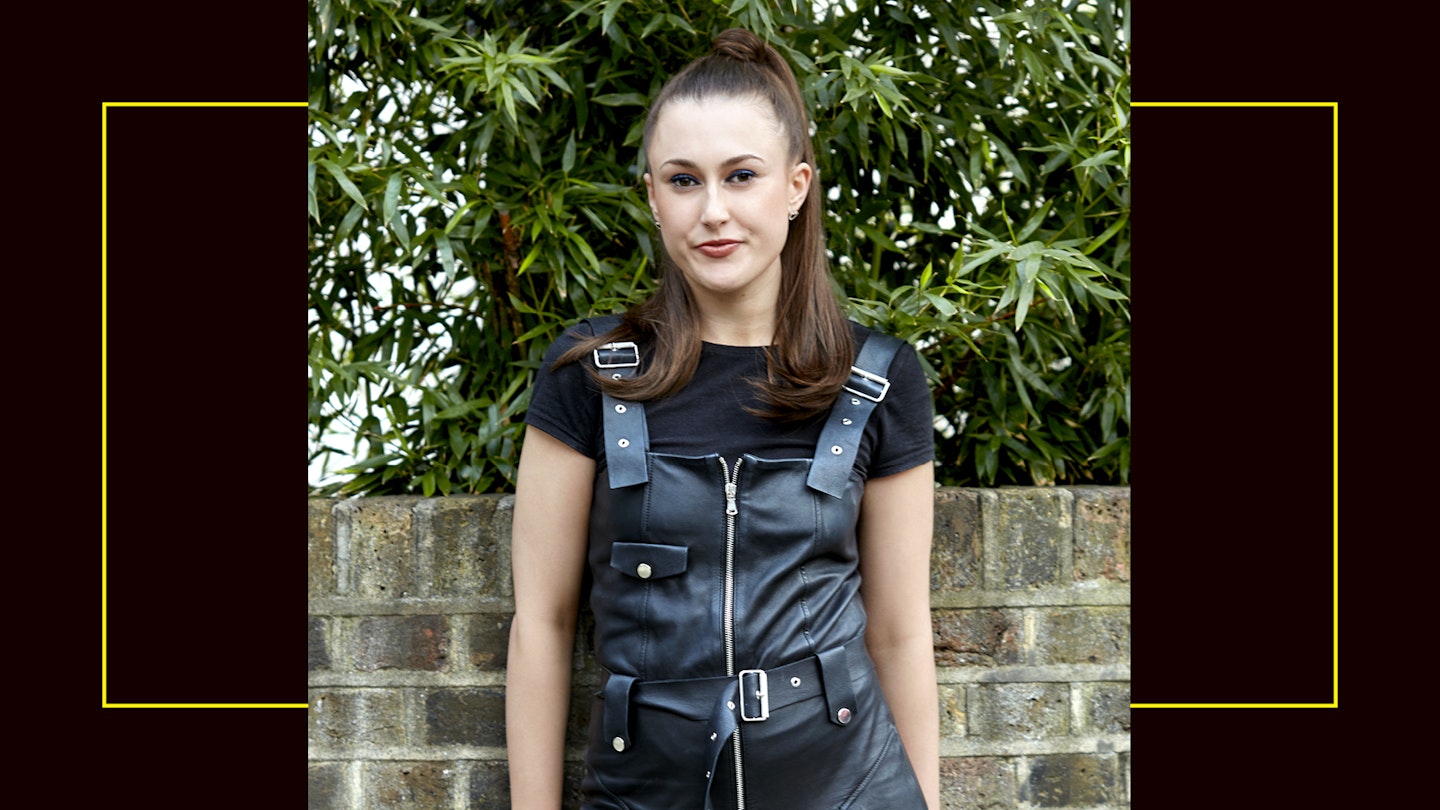Five months ago, I stood in the doctors’ surgery bawling my eyes out – I’d missed the appointment I’d been trying to schedule for weeks by an hour. In my brain, I was convinced the appointment was at 2.30pm, not 1.30pm. While a receptionist tried to see if the appointment could be rearranged, I was chastising myself for my mistake. If I wasn’t so devastated, it would have been darkly funny that I’d wanted to try to get help – or, better still, a diagnosis – for my ADHD symptoms.
ADHD stands for attention deficit hyperactivity disorder{
The condition might conjure up an image of a young boy being disruptive at school. But ADHD isn’t just limited to kids. It’s common – and massively underdiagnosed. According to Dr Joe Johnson, who runs an adult ADHD clinic in the North West, around 2-4% of the population have it, and yet only around one in 10 people with ADHD receive a diagnosis. Which is why, even though the NHS says that ‘most cases are diagnosed when children are three to seven years old’, I feel very lucky to have finally been diagnosed at the age of 23.
My diagnosis explained so much. As a toddler, I was taken to the doctors numerous times by my mother for having no sense of danger (a symptom of ADHD in children), being obsessive and having difficulty with basic social skills. I struggled throughout school academically, still achieving decent grades, but always felt like I was drowning if exams were involved. Later, as an adult living on my own, my symptoms started to feel overwhelming – I found I was struggling with sleep as my brain couldn’t switch off. Eventually, I went for a private consultation, which I was fortunate to be able to afford, as I knew waiting lists were so long. I also felt like I’d been dismissed by NHS doctors who acted as if I was chasing a trend.
‘The NHS is facing an unprecedented demand with women seeking a late diagnosis,’ says Samantha Hiew, the founder of ADHD Girls, a group to help women with ADHD reach their full potential. ‘There’s a 3,200% increase in women seeking an online test to see if they’ve got ADHD in 2021 compared to just two years before.’
A big problem, however, is that many women still aren’t diagnosed because of outdated stereotypes. I was told by two doctors last year that I was unlikely to have the condition because I had good grades at school, while Dr Johnson says some women have told him that GPs have said it ‘only affects boys’. Samantha says there are extra barriers to diagnosis for women of colour and those in the LGBTQ+ community.
Because the lingering belief around ADHD is that you have to be messy and chaotic, Dr Johnson says diagnoses can also be missed if someone has masked their symptoms with good coping mechanisms, such as making lists, setting reminders for important appointments or working extra hours to hold down a job. As Samantha adds, ‘Women with ADHD are prone to overdelivering and overpromising, and we are notorious for burning the midnight oil to make a deadline work for others at the expense of our own health.’
Samantha, 41, was only diagnosed with ADHD at 40, after having her second child and having to ‘juggle motherhood and societal expectations, which coincided with perimenopause and a post-childbirth hormonal dip’.
Another reason ADHD is often missed is because it regularly exists with other conditions, such as autism (as in Samantha’s case), eating disorders, dyslexia, dyspraxia, substance abuse, anxiety and depression. Mared Parry, 25, a presenter from London who was diagnosed at 24, thinks her anxiety and ADHD are interlinked. ‘Of course ADHD causes more anxiety, because it makes you overwhelmed about things that wouldn’t bother other people,’ she says.
Yet the state of adult ADHD services varies hugely across the country. The Autism Act, which came into place in 2009, says there has to be a Government strategy for improving services for autistic adults, but there is no equivalent for adults with ADHD – and Dr Johnson says it’s very much a postcode lottery.
When I was finally diagnosed, I was overwhelmed with relief. I always knew my impulsivity and the way my brain raced at 100 miles an hour wasn’t ‘normal’, and now I had proof. Everything matched up. It also provided some explanation as to why I suffered with bulimia from my late teens.
But I also felt incredibly sad. I struggled throughout my GCSEs and sixth form, finding it hard to retain information and revise. I became so stressed during A-levels that I stopped having periods, and I didn’t go to university to study linguistics as I knew I wouldn’t have been able to cope.
Now, I feel optimistic about my future. I have the option of going on medication to help with my symptoms – but most of all, I’m grateful I now have four letters that help explain the way I’ve always been.
ADHD symptoms to be aware of
One of the reasons ADHD is more difficult to spot in women is because the symptoms can be more covert. According to the NHS, ‘Girls are more likely to have symptoms of inattentiveness only, and are less likely to show disruptive behaviour that makes ADHD symptoms more obvious.’
Some symptoms flagged by the NHS include:
■ Difficulty coping with stress
■ Short attention span
■ Fidgeting
■ Inability to stick to tedious tasks
■ Losing things
■ Excessive talking
■ Problems with impulsivity and risk taking
■ Some adults may also have issues with relationships or social interaction.
As Dr Johnson mentions, people with ADHD can also hyperfocus on things they’re interested in (though this is not an official symptom).
For help, visit adhdfoundation.org.uk.
Photographer: Ed Miles. Hair and make-up: Neusa Neves at Terri Manduca
